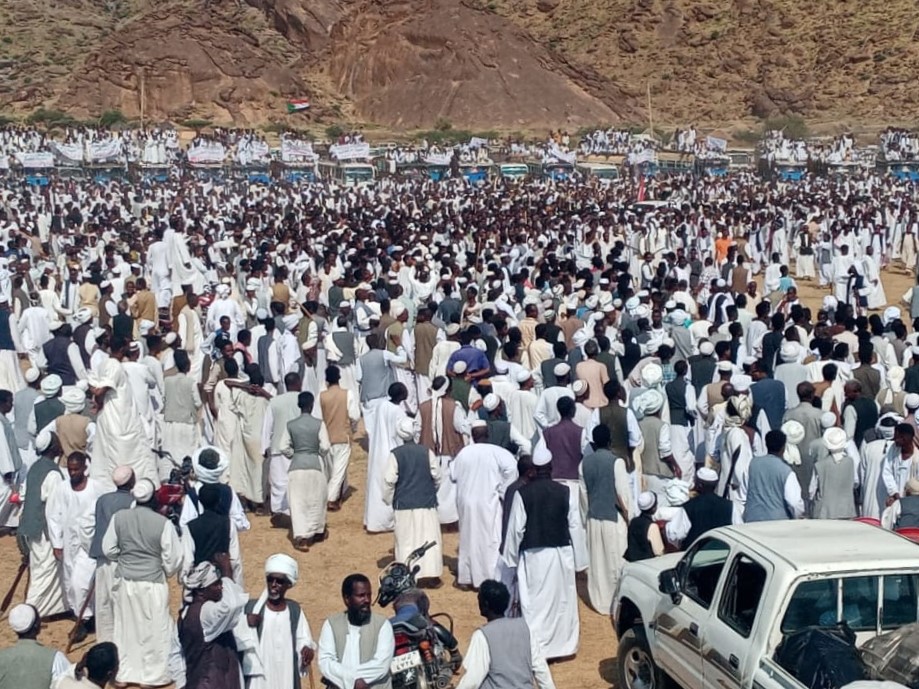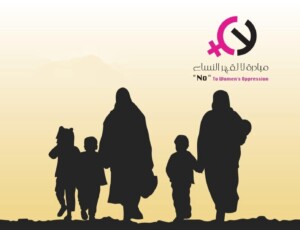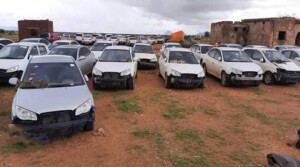Complaints about growing insecurity in eastern Sudan

PORT SUDAN –
Travellers in eastern Sudan complain of armed robberies on the road linking Kassala with Port Sudan, capital of Red Sea state. A solution for the marginalised and politically-divided region is not to be expected soon.
For the past two weeks, armed gangs are intercepting vehicles on the Kassala-Port Sudan highway, in particular in the area between Dordeib and Kassala, journalist Osman Hashim told Radio Dabanga.
Many travellers reported that the vehicle they were riding in were stopped by masked men at gunpoint, who then robbed them of their belongings. They call on the eastern Sudanese authorities to intervene and secure the road.
Insecurity has been and still is rife in the conflict and war-torn regions in western and southern Sudan. Radio Dabanga almost daily receives reports about assaults, killings, and armed robberies in Darfur, Kordofan, and the Blue Nile region.
News on insecurity in Red Sea state, Kassala, and El Gedaref mostly concerned incidents of human trafficking and border attacks, but reports about armed robberies used to be rare in eastern Sudan, which is just as well “a victim of the same developmental marginalization from which all the country’s peripheries are suffering,” as the Sudan Democracy First Group (SDFG) wrote five years ago in its publication The Strategic Thinking for Change and Stability in Eastern Sudan: The Forgotten Territory.
“Despite the relative peace achieved by the Eastern Sudan Peace Agreement (ESPA) of 2006, which ended armed hostilities, many of the underlying causes of the conflict are still in place, and liable to explode at any moment unless addressed with strategies aimed at achieving real stability in eastern Sudan,” the SDFG stated in October 2017.
Divided
Not much has changed since then, or it must be that eastern Sudanese political groups and community leaders have become more divided among themselves than before.
When peace talks between the Sudanese government headed by Abdallah Hamdok and armed opposition movements started in the South Sudanese capital of Juba in 2019, eastern Sudan was represented by the Beja Congress in Opposition and the United Popular Front for Liberation and Justice. The influential High Council of Beja Nazirs and Independent Chieftains was not involved.
The sharp divisions between the various eastern Sudanese parties and groups also showed during the political process launched after the signing of the Framework Agreement on December 5 last year. The dialogue conference on governance in eastern Sudan, held in Khartoum in February was criticised for its “poor organisation” by the Forces of Freedom and Change-Central Council and the eastern Sudanese People’s Front for Liberation and Justice. Many important actors from the region were not invited.
The mainstream High Council of Beja Nazirs and Independent Chieftains headed by Sayed Tirik and the split-off faction under the same name under the leadership of Ibrahim Adarob boycotted the event. The Eastern Sudan Consultative Council already stated in January that it considered the dialogue conference as “useless” and called on the United Nations to take over the eastern Sudanese file.
In early March, a number of eastern Sudanese groups underscored the need for a broad negotiating platform about the future of the region under international auspices and guarantees in a two-day workshop in Khartoum that discussed a “comprehensive solution for eastern Sudan”.











 and then
and then